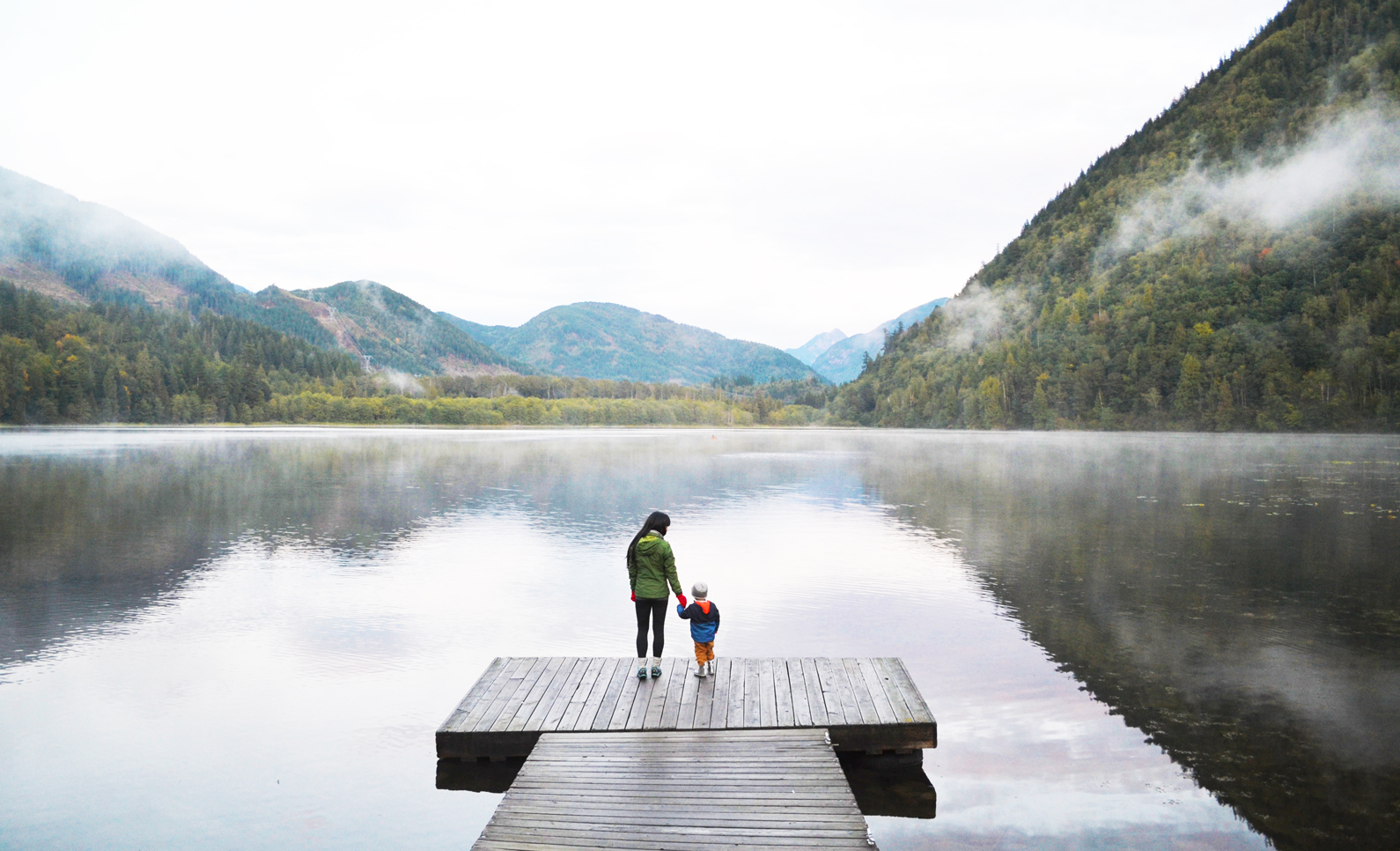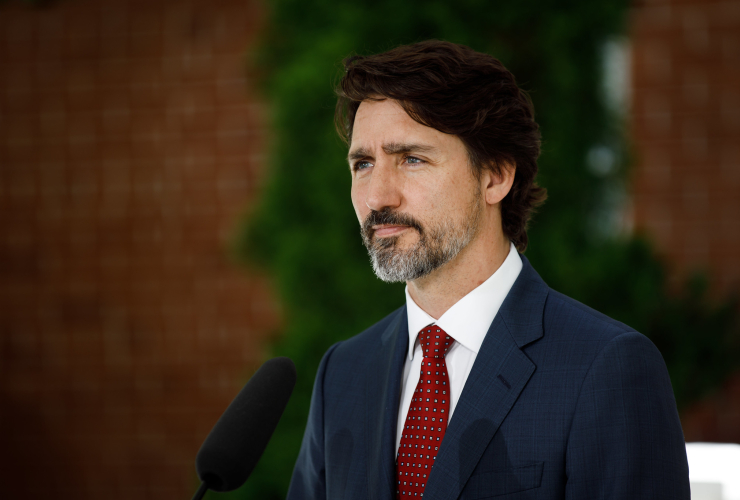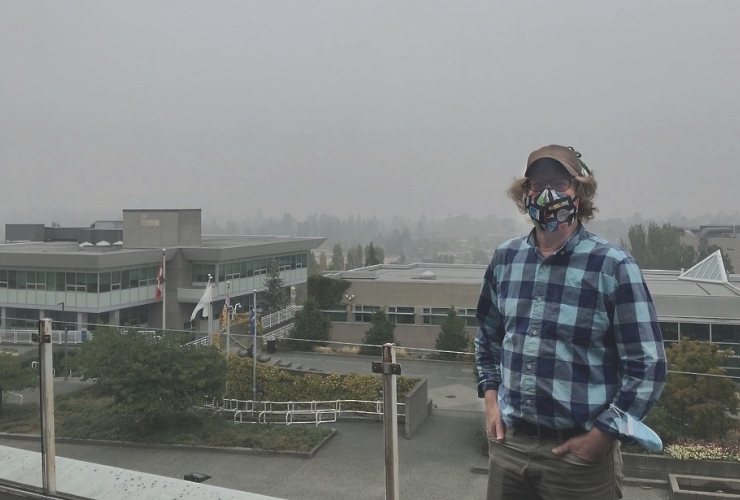“Is it raining?”
My five-year-old asked me this last Saturday morning as he padded out of his bedroom in his spaceship pyjamas and contemplated the muted grey sky out our front window.
In Vancouver, grey skies usually signify clouds of water, and after days of heat and sunshine, this confused him. Although I was almost out the door, readying myself for polluted air and sick patients, I scooped him up into a hug and said it was wildfire smoke. And even though he would have to stay indoors, he was going to have a good day. As he later waved and called to me through the window, he looked perfectly happy, simultaneously warming and breaking my heart.
Indeed, as our children step into the colliding crises of the climate emergency and COVID-19 pandemic, it will take all the knowledge and skill we have as parents to keep them and our communities safe and healthy.
Our trust in science and public health permeates our lives. When we vaccinate our babies, buckle up their booster seats and hide vegetables in their meals, we know these actions increase their chances of well-being and longevity. Each morning after I kiss my son goodbye, I don my protective pandemic armour and thank the scientific guidance and societal structures that keep us safe.
So, too, must we trust and act on what scientists are telling us about climate change. To give our children the best chance at a livable world, we need to rapidly and deeply decarbonize, cutting our greenhouse gas emissions in half by 2030, and net zero by 2050. Recent research from the University of British Columbia also tells us that ambulance calls for heart and lung disease significantly increase within one hour of wildfire smoke exposure, underscoring how neglecting environmental health can directly harm our health.
Understandably, I have seen a rise in patient acuity as I have worked under smoke-filled skies. Those with asthma tell me their inhalers are no longer working. Those with anxiety find it flaring out of control. I have never felt so much like a parent in so many settings as I have had repeated variations of this mantra at home and work for the past six months: You can do it. Here is a plan for safety. I am here for you if you need help.
These words may also be useful when we press our leaders to act wisely and urgently as they craft the most important economic framework of our lifetime. As loving parents, we forgive our children’s repeated errors, optimistically encouraging them until they finally learn. We should approach our governments with similar compassion, reminding them that even though they have made historic mistakes by investing in fossil fuel subsidies, pipelines and fracked gas, today is their opportunity to reverse course and make things right.
Canadians have already given our government a mandate for a green recovery. In an Ipsos poll this spring, two-thirds gave equal weight to the COVID-19 and climate crises, supporting recovery efforts that prioritized climate action. This May, the Canadian Association of Physicians for the Environment joined hundreds of civil organizations in calling for a just recovery, subsequently releasing a 25-point Healthy Recovery plan embracing renewable energy, sustainable health care and connecting to nature as one path forward. In public and private forums, we must continue to support our elected officials to make the smart, hard decisions we need to realize a greener, healthier future.
Over the past few months, we have exercised flexibility and creativity when situations feel beyond our control. When indoor and outdoor air is no longer safe, we find ways to create our own havens with air filters, at-home recreation and increased family time. For social bubbles that include vulnerable loved ones, in-class education has been replaced by home-schooling; for children who rely on schools for safety and food, we keep our places of learning open as safely as possible. We do what we can, with whatever resources we have.
When it comes to the climate crisis, we also need to do what we can, precisely because we feel helpless; whether we donate our time or money to environmental organizations, instill a love of nature in our children, so they will work to protect it, choose a lower-waste, lower-carbon lifestyle, or vote our conscience, taking action is one of the most effective ways to reclaim our sense of power.
Last week I watched my masked first-grader twirl across a smoky playground towards his spot in a carefully spaced outdoor lineup, looking forward to the learning and new friends ahead. And, in that moment, I remembered that even in a twindemic, there can still be joy — in the connections we make, in the sense of purpose we hold, and in the lessons we learn.
So let us surge ahead through the grim clouds of climate change and COVID-19 into a new school year with joy despite our fear. Let us travel together with the hard-won wisdom, courage, compassion, forgiveness, optimism and flexibility that we have gained as parents. We and our children deserve nothing less.






Comments